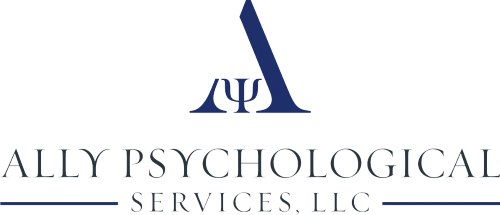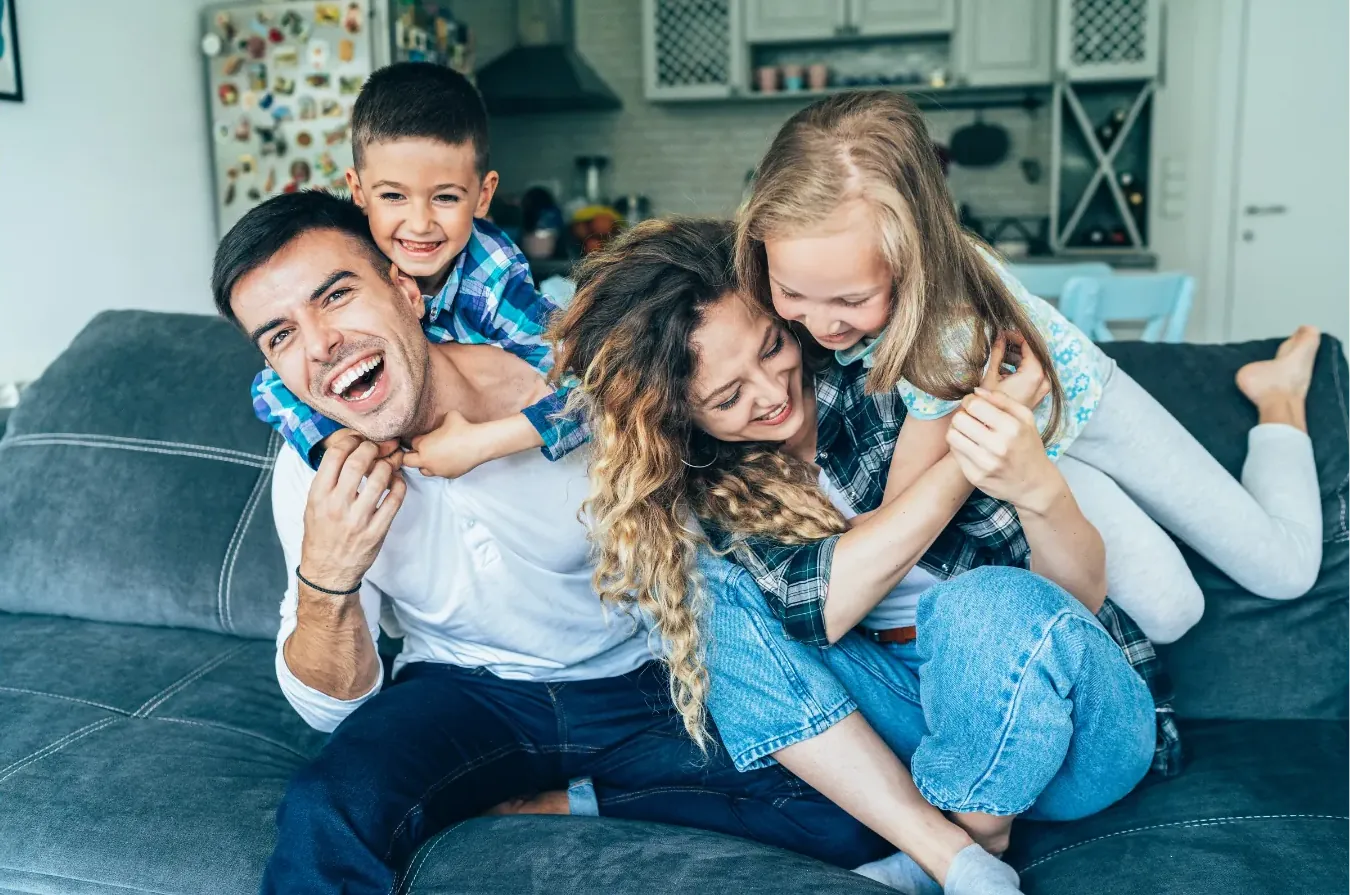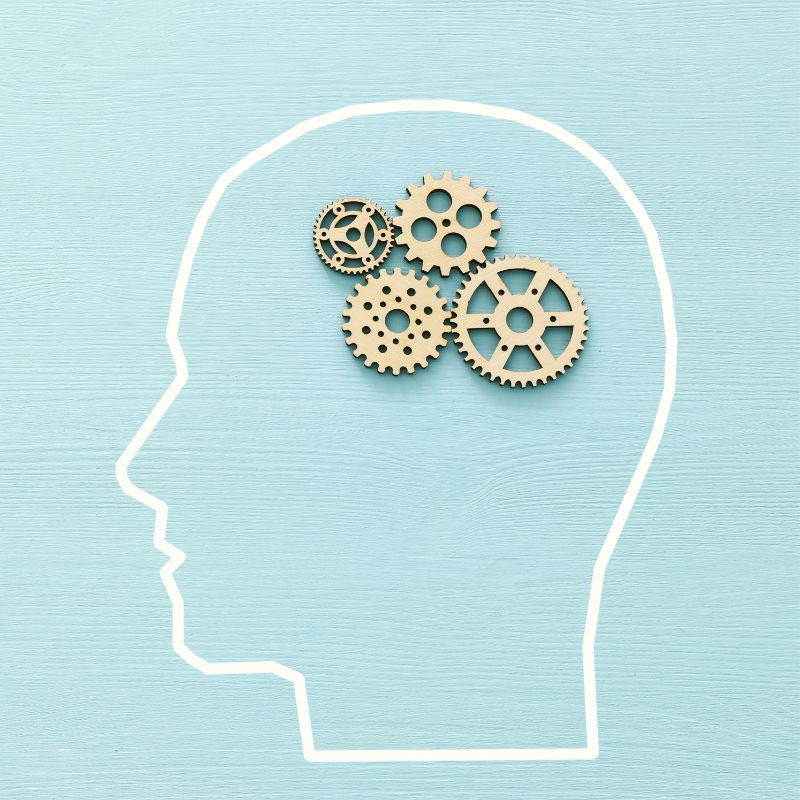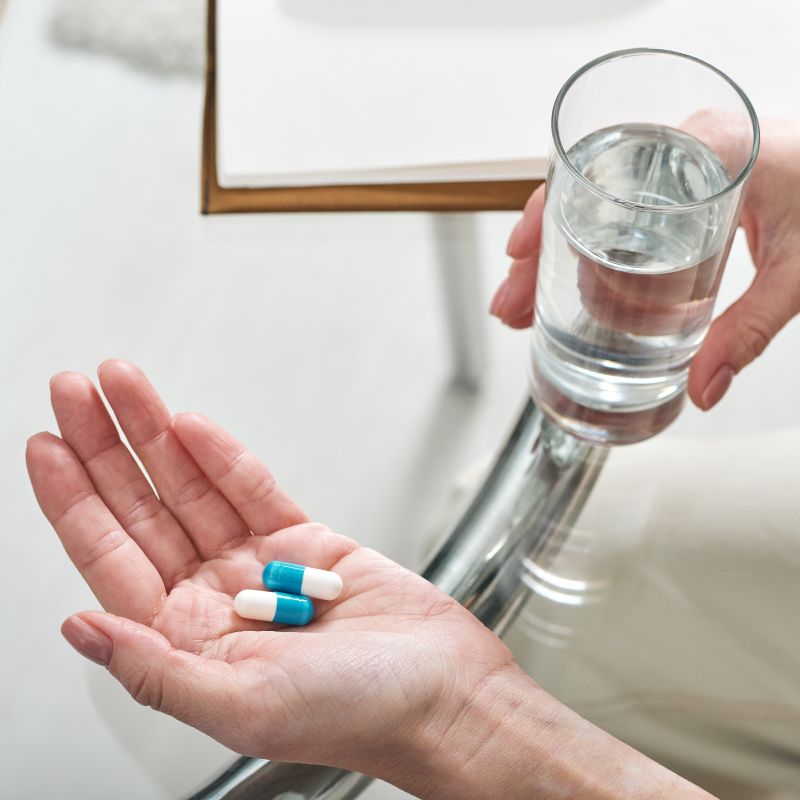You’re Not Alone
“Two weeks to flatten the curve!” That was just about one year ago, or 52 weeks, or about 25x what we were expecting. Two weeks seemed manageable; there was a general consensus that it would suck, but we could manage and then life would go back to normal.
Obviously, the COVID-19 pandemic and the subsequent safety precautions have become “the new normal.” While adults are adjusting to their new work from home lifestyle and children, teens, and young adults have grown used to virtual and hybrid learning, there is an often unknown, but very uncomfortable shift happening.
What’s this shift? Well, our social skills are worsening. Because of this, we are feeling more and more awkward in social situations. This awkwardness, in turn, is leading to more social isolation, loneliness, anxiety, and depressive episodes and symptoms.
Social Skills: If You Don’t Use It, You Lose It!
See, social skills are like muscles; they need to be used to stay strong (let alone get stronger). The problem is that working from home, virtual learning, social distancing, and mask wearing are all things that prevent us from flexing those social skills muscles.

- Working from home means you don’t need to worry about the social niceties with that coworker you can’t actually stand.
- Virtual learning prevents students from connecting with their friends in-person. Students also don’t need to practice the skill of turn-taking and patience by raising their hand in the classroom.
- Social distancing might impact our sense of appropriate personal space when that regulation ends.
- Wearing masks has led us to be less mindful about our facial expressions.
Social Fatigue Is A Real Thing
Over your lifetime, you built up a tolerance for people and their bullshit the demands of social interactions. This leads to what I call “social fatigue” with my clients. Social fatigue is the feeling of mental exhaustion from being in social situations.
Social fatigue can feel a bit different for each person, but many of my clients express it as feeling anxious to the point where they just need to “get up and go home”, feeling overwhelmed by all of the noise or people, and general tiredness way earlier than they expected.

So What Should You Do?
Here are some tips and tricks to help overcome some of that COVID social awkwardness.
1.Take it slow. As restrictions on social interactions ease, it’s important to take it slow. It might sound silly, but if you haven’t been going out or having much of a social life over the past year, you need to reacclimate yourself.
2. Turn on your camera. Whether you’re in work meetings or the virtual classroom, turn on your camera. Turning on your camera will keep you accountable for your facial expressions. Side bonus – it will probably keep you more engaged too
3. Spend time with those you can. If you have people in your life that you can spend time with, without socially distancing or the other COVID precautions, do it. Don’t isolate yourself in your room playing video games, watching TikToks, or staring at the ceiling. Go interact with your family, friends, or loved ones that are in your bubble.
4. Be kind to yourself. Guess what, you’ve never been through a pandemic before and you’re doing the best you can. Don’t be too hard on yourself. It’s okay if you didn’t start working out, learn to make bread, or master some random hobby. It’s okay if this has been really hard for you because it’s been really hard for a lot of people too.
If you or someone you care about is struggling with any of the above, don’t hesitate to reach out. Ally Psychological Services is here to help you navigate whatever it is you’re experiencing.



